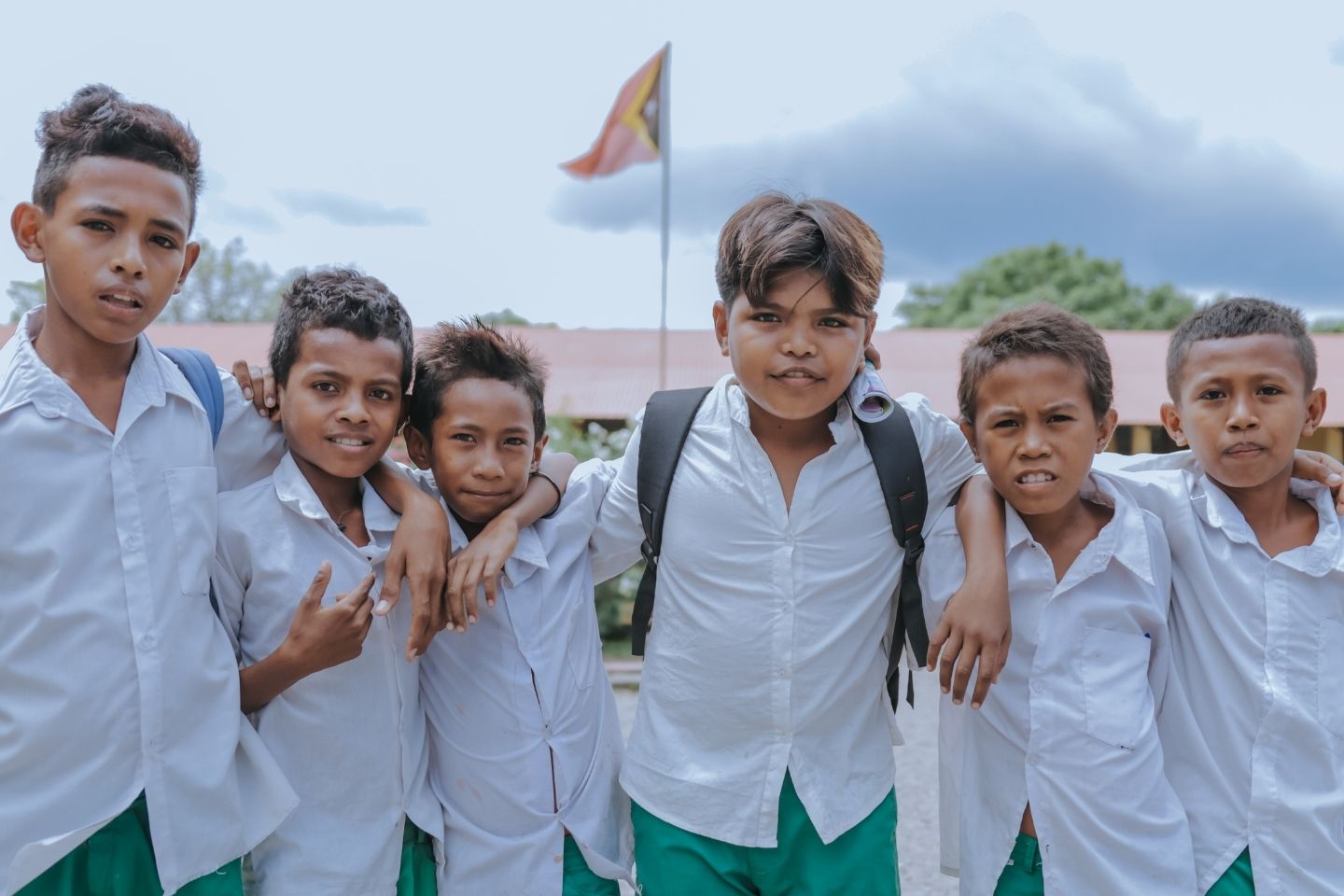
Addressing the data and education gap in Timor-Leste
Research 15 Oct 2024 6 minute readACER is supporting Timor-Leste to improve education outcomes by building better national systems to monitor learning.
Timor-Leste has made significant progress towards improving its education system since restoring independence in 2002. However, many primary school students still struggle to meet basic learning outcomes.
Understanding the important role that monitoring learning plays in improving student outcomes and educational reform, Timor-Leste has recently joined the Southeast Asia Primary Learning Metrics (SEA-PLM). The first regional large-scale assessment of its kind in Southeast Asia, SEA-PLM aims to develop a common approach to assessing learning outcomes in reading, writing, mathematics and global citizenship in Grade 5 students.
SEA-PLM is led by the Southeast Asian Ministers of Education Organization (SEAMEO) Secretariat and the UNICEF East Asia and the Pacific Regional Office (EAPRO). As a key technical collaborator for SEA-PLM, ACER is working alongside the Government of Timor-Leste to strengthen the capacity of ministry professionals to coordinate and implement the assessment. A key focus is to support countries to develop robust learning assessment systems, monitor learning outcomes and to improve education policies.
Timor-Leste joins 6 ASEAN countries for SEA-PLM 2024 – Cambodia, Lao People’s Democratic Republic, Malaysia, Myanmar, Philippines and Viet Nam. Participation in the second round of SEA-PLM is an important step forward on Timor-Leste’s path to full ASEAN membership and to narrowing gaps in education. SEA-PLM will enable Timor-Leste to generate comparative data, indicators and analysis on learning outcomes.
Until now, Timor-Leste has collected limited data on learning outcomes beyond national examinations. The latest assessment data is from an early grade reading assessment administered in select municipalities. For the first time through SEA-PLM, Timor-Leste will collect nationally representative student learning data for the end of primary school that can be linked to global and regional standards.
SEA-PLM also provides the opportunity for the Government of Timor-Leste to monitor the impact of its major education reforms in pre-school and early primary. These reforms include the introduction of a new curriculum and language approach, and a range of teacher and school leader professional development initiatives.
In 2023, the Ministry of Education, Youth and Sport (MoEYS) in Timor-Leste conducted successful SEA-PLM field trials in 29 schools. The national team has also participated in regional training sessions and contributed to the development of regional tools and adaptations in Tetum and Portuguese.
With ongoing technical guidance from ACER and the SEA-PLM Regional Secretariat, preparations are now underway for the main survey later this year. In September, ACER researchers facilitated a technical workshop to prepare the national team to train test administrators to implement the national survey, and assisted in the training of 34 test administrators themselves.
Test administrators from HATUTAN-CARE will conduct the SEA-PLM main survey in October. This will include a nationally representative sample of more than 7,300 children in Grade 5 in 183 schools in Timor-Leste.
Timor Leste’s participation in the SEA-PLM 2024 survey and in-country assessment activities are coordinated and co-funded by the Ministry of Education. Other partners include the Global Partnership for Education, UNICEF, ASEAN Korea Cooperation Fund (AKCF) and UK International Development through the ASEAN-UK Supporting the Advancement of Girls’ Education (ASEAN-UK SAGE) programme.
Supporting the Initiative for ASEAN Integration, ASEAN-UK SAGE seeks to narrow the development gap between member states, by developing effective policies and programs that improve foundational learning for all and that tackle exclusion and constraints limiting the achievement of girls and marginalised groups.
The ASEAN-UK SAGE programme is delivered by British Council and SEAMEO Secretariat, in partnership with EdTech Hub and ACER. ASEAN-UK SAGE is an ASEAN cooperation programme funded by UK International Development.
